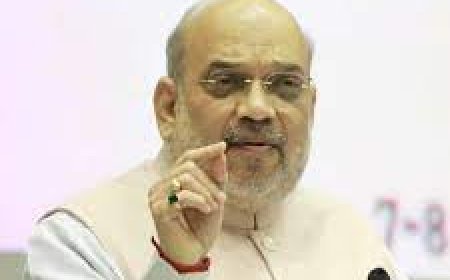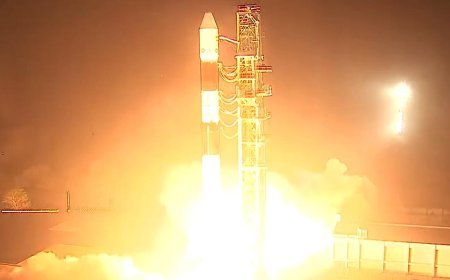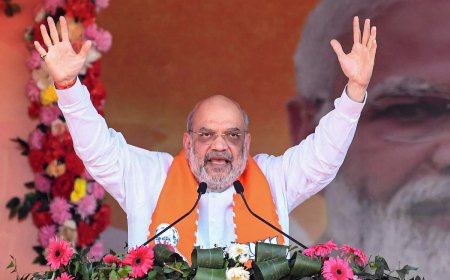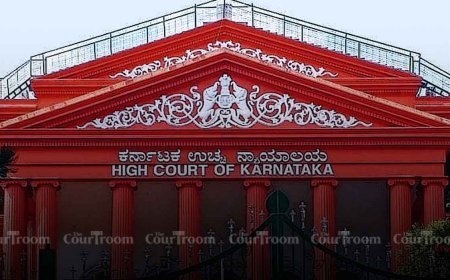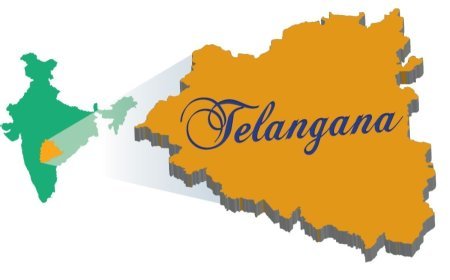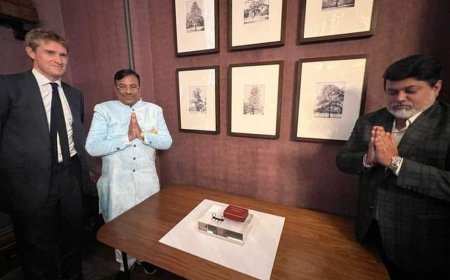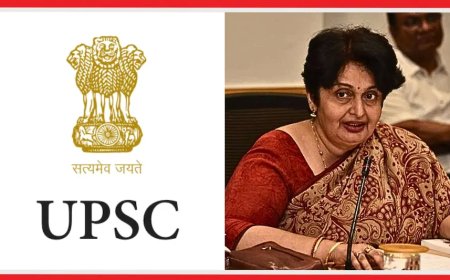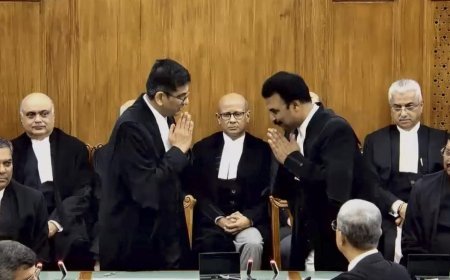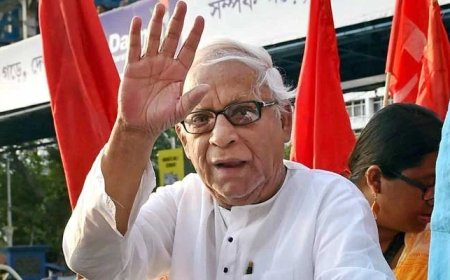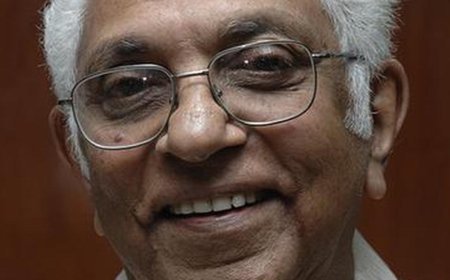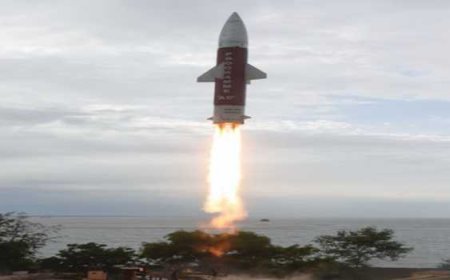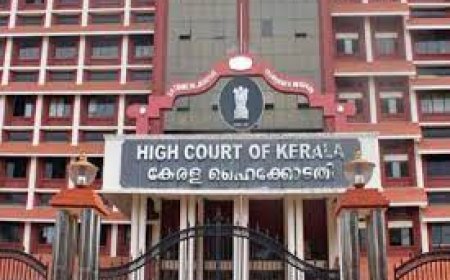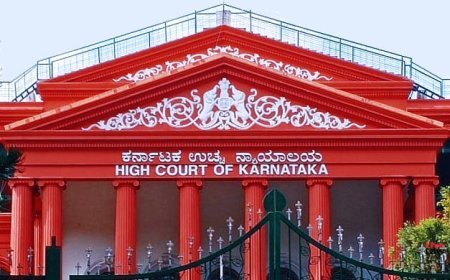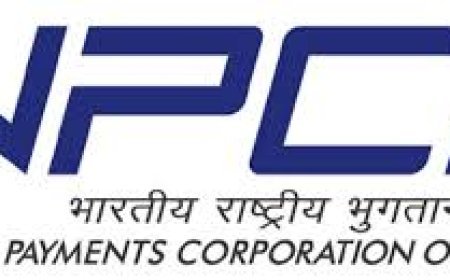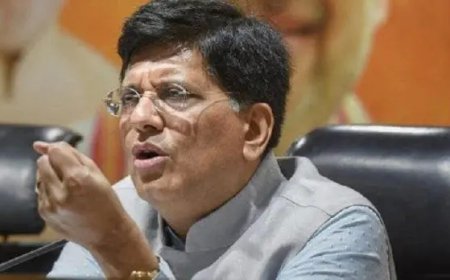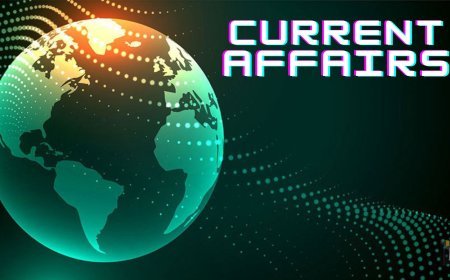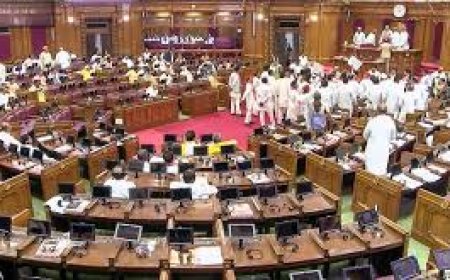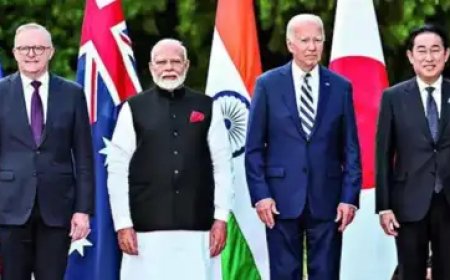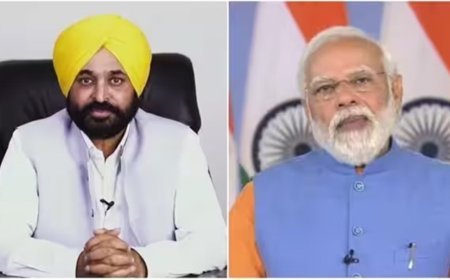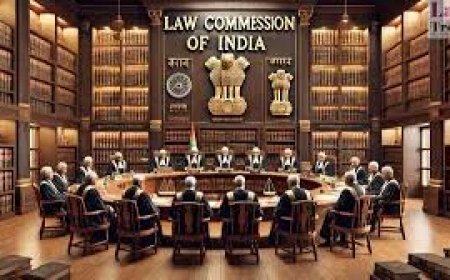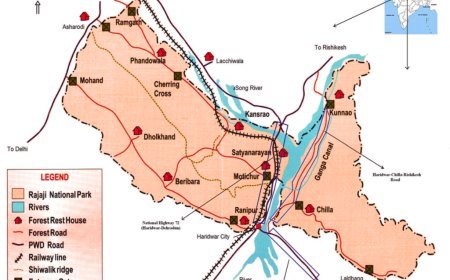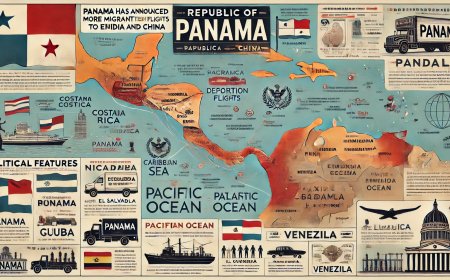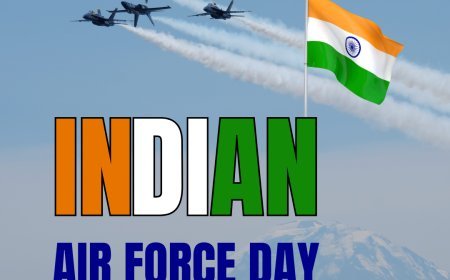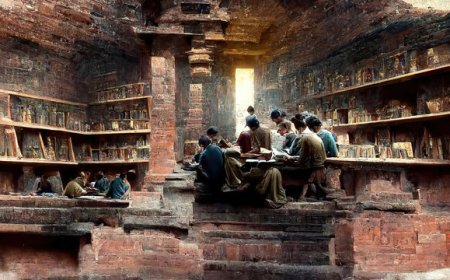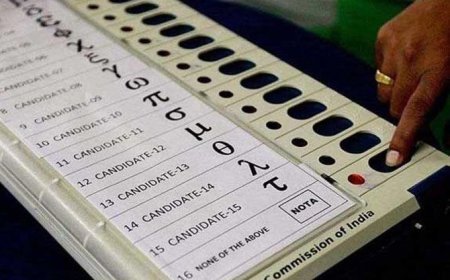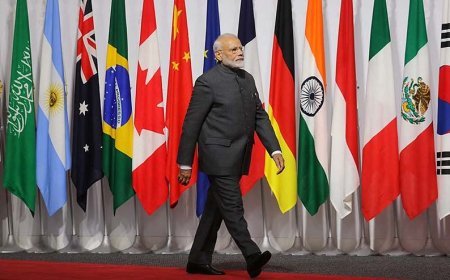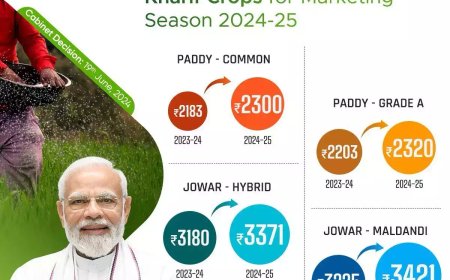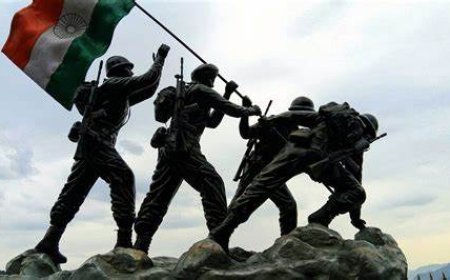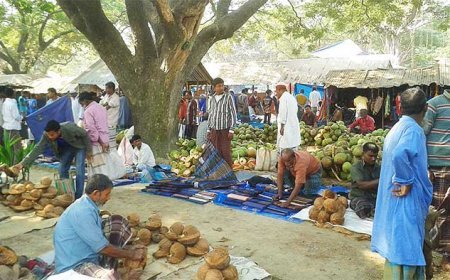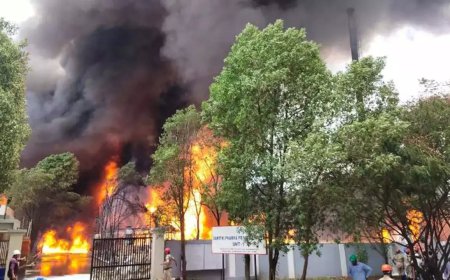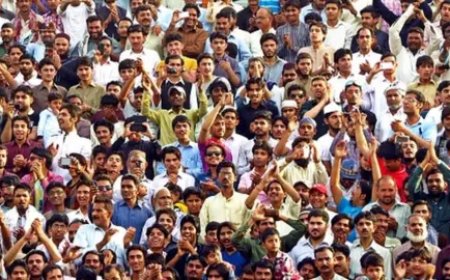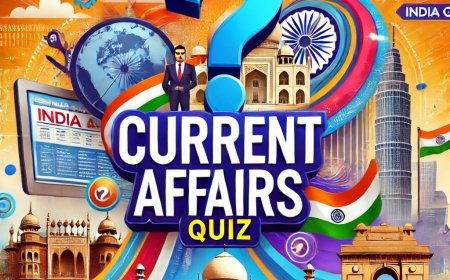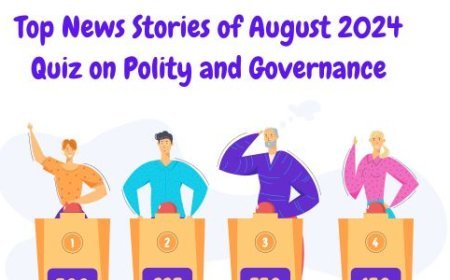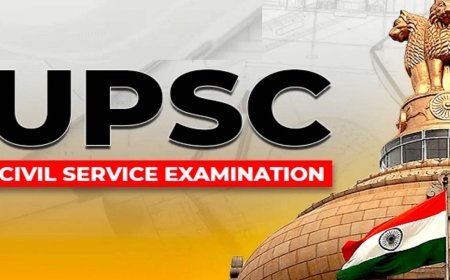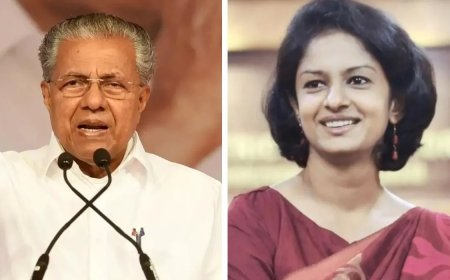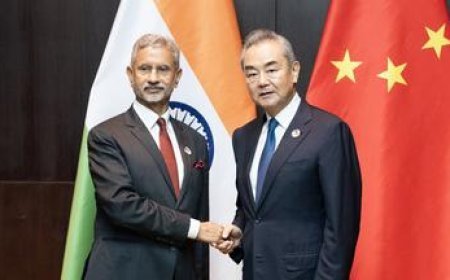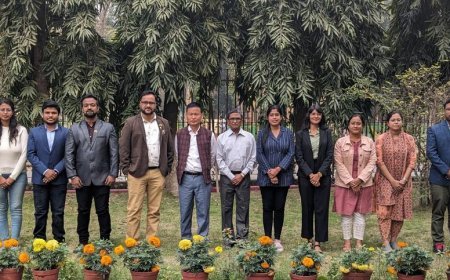June 2024: A Roundup of INTERNATIONAL RELATIONS News

Colombo Process
- Objective: The Colombo Process is a regional consultative process on overseas employment and contractual labor for countries of origin in Asia.
- Established: 2003.
- Secretariat: Hosted by the International Organisation for Migration (IOM) in Geneva.
- Members: Afghanistan, Bangladesh, Cambodia, China, India, Indonesia, Nepal, Pakistan, Philippines, Sri Lanka, Thailand, and Vietnam.
- Goals: Connects Asian countries sending workers abroad, addresses migrant worker challenges, and maximizes benefits from organized overseas employment. Focus areas include skills recognition, ethical recruitment, pre-departure training, efficient remittance transfers, and labor market analysis
BRICS+
- Expansion: The Johannesburg Declaration (2023) invited Argentina, Egypt, Ethiopia, Iran, Saudi Arabia, and UAE as full members from January 1, 2024.
- Representation: BRICS+ now represents 46% of the global population and contributes 30% of the global GDP.
- Economic Influence: Share of global oil production will increase to 40%, global merchandise trade will rise by 25%, and global services trade will increase to 15%.
- Meetings: BRICS summits have been held annually since 2009
Five Eyes Alliance
- Establishment: Post-World War II with roots in informal wartime cooperation.
- Members: Australia, Canada, New Zealand, United Kingdom, United States.
- Function: Operates on shared interests with no central authority. Intelligence sharing and common protocols for secure communication are key features.
- Concerns for India: Issues of data privacy, potential misuse of intelligence, and pressure to align with US interests highlight challenges for India in considering closer ties with the Five Eyes Alliance
WHO Pandemic Preparedness Treaty
- Agreed Amendments: Focuses on defining pandemic emergencies, establishing a coordinating financial mechanism, and strengthening core capacities within countries.
- Coordination: A States Parties Committee promotes cooperation, and National IHR Authorities improve coordination between national agencies.
- Framework: Builds on existing international health regulations and initiatives to enhance global pandemic preparedness and response
G7 Summit
- Host: Italy, June 13-15, 2024.
- Focus Areas: Addressing global economy, climate change, food security, international cooperation, and the Ukraine war.
- Significance for India: India’s participation strengthens collaboration on global challenges and reforms in global governance. The G7 offers a platform for India to advocate for reforms reflecting current global realities
Spain to Join South Africa’s Gaza Case at Top UN Court Accusing Israel of Genocide
- Context:
- Spain has requested to join South Africa’s case at the International Court of Justice (ICJ) accusing Israel of genocide in Gaza.
- This move comes amid ongoing military operations in Gaza and aims to address alleged violations of the genocide convention by Israel.
- Background:
- South Africa initially filed the case in late 2023, accusing Israel of military actions in Gaza that breach the genocide convention.
- The ICJ ordered Israel to halt its military offensive in Rafah but did not enforce a ceasefire for the entire Gaza Strip.
- Spain’s Involvement:
- Spanish Foreign Minister José Manuel Albares emphasized the decision was made due to ongoing military operations and the need for peace.
- Spain's involvement allows it to submit written statements and participate in public hearings, supporting the legal process.
- International Support:
- Other countries, including Mexico, Colombia, Nicaragua, Libya, and the Palestinians, have also requested to join the case.
- Spain, Ireland, and Norway recognized a Palestinian state on May 28.
- Israel’s Position:
- Israel denies allegations of genocide, stating its military actions target Hamas, especially after the October 7 attacks.
- Issues:
- The case could set significant legal precedents in international law regarding the definition and prosecution of genocide.
- Spain’s involvement may strain its diplomatic relations with Israel, reflecting broader geopolitical tensions.
- The ongoing military operations have resulted in substantial civilian casualties and infrastructure destruction in Gaza, heightening international concern.
- Summary:
- Spain’s decision to join the case against Israel at the ICJ underscores its commitment to international law and justice. This move highlights the ongoing international legal and diplomatic efforts to address the Gaza conflict, aiming for peace and stability in the region .
India is Now ‘Second-Biggest Foreign Threat’ to Canadian Democracy, Says Report
- Context:
- A parliamentary committee report in Canada identifies India as the second-biggest foreign threat to the country’s democracy.
- This adds to the negative state of bilateral relations, which have been strained since the June 2023 killing of a pro-Khalistan ideologue in Surrey, British Columbia.
- National Security and Intelligence Committee Report:
- The report highlights concerns about India’s alleged interference in Canadian politics and society.
- Specific incidents include lobbying efforts and alleged espionage activities.
- Impact on Bilateral Relations:
- The report exacerbates existing tensions between India and Canada, particularly over issues related to the Sikh diaspora and pro-Khalistan activism.
- Diplomatic interactions have been strained, with both nations expressing concerns over mutual respect and sovereignty.
- Summary:
- The Canadian parliamentary report identifying India as a significant foreign threat underscores deepening tensions between the two countries. Addressing these concerns through diplomatic dialogue and cooperation is essential for maintaining stable and constructive bilateral relations .
Jaishankar Reviews Energy Projects in Sri Lanka Visit
- Context:
- External Affairs Minister S. Jaishankar's recent visit to Colombo focused on advancing key energy sector projects and other collaborative initiatives between India and Sri Lanka.
- This visit was Jaishankar’s first bilateral visit abroad after being re-appointed in the new Indian coalition government.
- Key Discussions and Projects:
- Energy Sector Initiatives:
- Plans for Liquefied Natural Gas (LNG) supply between India and Sri Lanka.
- Proposed petroleum pipeline to facilitate transport between the two countries.
- Collaborative projects in oil and gas exploration.
- Construction of the Sampur Solar Power Plant to commence in July 2024.
- Maritime Security:
- Establishment of a Maritime Rescue Coordination Centre (MRCC) with a main center at Colombo Naval Headquarters and sub-centers in Hambantota.
- Development Projects:
- Inauguration of 106 houses under the Indian Housing Project.
- Handing over houses in model villages in Colombo and Trincomalee.
- Enhancing efficiency in the liquid milk industry and fertilizer production.
- Support for infrastructure development in Trincomalee and Kankesanthurai port expansion.
- Significance:
- Enhances India-Sri Lanka relations and demonstrates India’s commitment to supporting Sri Lanka.
- Key energy projects aim to bolster energy security and economic stability in Sri Lanka.
- Establishing the MRCC enhances regional maritime security and cooperation.
- Summary:
- Minister Jaishankar’s visit to Sri Lanka underscores the importance of collaboration in energy, maritime security, and development projects. This visit reinforces India’s commitment to supporting Sri Lanka’s development and addressing bilateral and regional challenges through cooperative efforts .
A Progressive Indian Policy on Myanmar Outlined
- Context:
- Three years after the military coup in Myanmar, the regime continues its violent oppression. India has maintained formal relations with this regime despite widespread atrocities.
- India’s policy, defended on grounds of national interest, needs reassessment to better align with both India’s values and strategic interests.
- Issues:
- Continued military repression in Myanmar has led to over 5,000 deaths and 2.5 million displacements since the coup.
- India’s formal relations with the military regime raise ethical and strategic concerns.
- India has limited engagement with pro-democracy forces and needs to balance national interests with values in foreign policy.
- India’s sale of military hardware to the junta and the humanitarian crisis along the India-Myanmar border highlight significant concerns.
- Significance:
- Reassessing India’s narrow strategic focus to include democratic values can enhance its regional influence and differentiate it from China.
- Supporting the National Unity Government (NUG) and other democratic forces can strengthen India’s leadership in promoting stability and human security.
- Summary:
- India’s policy towards Myanmar needs a progressive overhaul prioritizing democratic values and human security while safeguarding national interests. Leveraging its democratic credentials and halting weapon sales can position India as a positive regional influencer and support democratic processes in Myanmar .
India-U.S. Relations and the Impact of the Russia-Ukraine Conflict
- Context:
- The recent deaths of Indian nationals in the Russia-Ukraine conflict have sparked widespread shock and concern, highlighting the complex issue of Indian citizens being recruited by the Russian Army.
- Incident Overview:
- Victims: Two Indians, including Tejpal Singh, have been confirmed dead, with bodies yet to be handed over by Russian authorities.
- Recruitment: Indians seeking better opportunities are lured by promises of high salaries and potential Russian citizenship, facilitated by illegal middlemen.
- Government Response:
- The Ministry of External Affairs (MEA) has demanded the cessation of Indian recruitment by the Russian Army and the return of all Indian nationals involved.
- Issues:
- Diplomatic Strain: The recruitment of Indian nationals not aligning with the India-Russia partnership.
- Human Rights Concerns: Vulnerable individuals being exploited for foreign military conflicts.
- Legal and Ethical Issues: Illegal recruitment practices and ensuring accountability for responsible parties.
- Summary:
- The deaths of Indian nationals in the Russia-Ukraine conflict underscore the urgent need for comprehensive measures to protect Indian citizens from illegal recruitment and exploitation. Strengthening bilateral ties while ensuring the safety and dignity of Indian nationals abroad remains paramount .
Netanyahu Dissolves War Cabinet After Gantz’s Exit
- Context:
- Israeli Prime Minister Benjamin Netanyahu recently dissolved the War Cabinet following the exit of Benny Gantz, a significant figure in the government coalition. Gantz’s departure, due to disagreements over the conduct of the war in Gaza, marks a critical shift in Israel’s political landscape and the management of the ongoing conflict.
- Background of the War Cabinet:
- Formation: The War Cabinet was established after the October 7 Hamas attack on southern Israel, comprising Netanyahu, Defence Minister Yoav Gallant, and Benny Gantz.
- Purpose: Created to make key decisions regarding the war in Gaza and to present a unified front.
- Issues:
- Netanyahu’s Position: Netanyahu’s political instability, exacerbated by Gantz’s exit, leaves him reliant on far-right allies who oppose the ceasefire.
- Humanitarian Concerns: The ongoing war has severe humanitarian impacts, damaging Israel’s international standing.
- Significance:
- International Isolation: Continued conflict risks turning Israel into an internationally isolated state.
- Political Survival vs. National Interest: Netanyahu must balance national interest with political survival, given the threat from far-right coalition partners.
- Summary:
- The dissolution of Israel’s War Cabinet highlights the internal political challenges faced by Netanyahu amid the ongoing Gaza conflict. Balancing political survival with the need for peace and international cooperation is crucial for resolving the conflict and mitigating its humanitarian impact .
G-7 Outreach in Italy; All Eyes on Possible Interaction with Zelenskyy, Trudeau
- Context:
- Prime Minister Narendra Modi is set to attend the G-7 outreach meet in Italy shortly after being sworn in for his third term. This summit presents significant opportunities for diplomatic engagements and discussions on pressing global issues.
- Event Overview:
- Location: Apulia, Italy.
- Dates: 50th G-7 Summit from June 13 to 15.
- Host: Italian Prime Minister Giorgia Meloni.
- Participants: Leaders from G-7 countries, EU leadership, and invited leaders from 12 other nations, including Ukraine’s President Volodymyr Zelenskyy.
- Agenda and Sessions:
- Special Sessions: Discussions on artificial intelligence, energy, Africa, and the Mediterranean.
- Key Issues: Russia-Ukraine conflict and Israel’s war in Gaza.
- India’s Role: Highlighting India’s contributions to peace, security, development, and environmental preservation.
- Diplomatic Engagements:
- Bilateral Meetings: Potential interactions with various world leaders, though specific bilateral meetings are not confirmed.
- Significant Interactions: Focus on possible meetings with President Zelenskyy and Canadian Prime Minister Justin Trudeau.
- Significance:
- Diplomatic Opportunities: India’s presence at the G-7 underscores its growing global influence and role in addressing international challenges.
- Leadership Engagement: Opportunity for PM Modi to outline his new term’s plans and strengthen bilateral and multilateral relations.
- Summary:
- PM Modi’s attendance at the G-7 outreach meet in Italy marks a crucial moment for India on the global stage. With a focus on strengthening diplomatic ties and addressing pressing global issues, this summit provides an invaluable platform for India to showcase its commitment to international peace and development .
At Outreach Summit, G-7 Commits to Promoting IMEC
- Context:
- The Group of Seven (G-7) nations convened at the Outreach Summit and issued a communique emphasizing their commitment to promoting infrastructure initiatives, such as the India-Middle East-Europe Economic Corridor (IMEC).
- The summit, attended by world leaders including Prime Minister Narendra Modi, also reinforced the G-7’s commitment to a free and open Indo-Pacific region.
- Key Announcements and Initiatives:
- Infrastructure Initiatives:
- The G-7 leaders pledged to promote transformative infrastructure projects under the Partnership for Global Infrastructure and Investment (PGII). The IMEC aims to enhance connectivity between South Asia, West Asia, and Europe.
- Indo-Pacific Commitment:
- The communique reiterated the importance of a free and open Indo-Pacific, emphasizing the rule of law and regional stability.
- Support for Ukraine:
- The G-7 expressed unwavering support for Ukraine amidst its conflict with Russia, highlighting the need for international cooperation to address global security challenges.
- Summary:
- The G-7 Outreach Summit’s commitment to promoting IMEC and supporting a free and open Indo-Pacific highlights the importance of infrastructure development and regional stability. This initiative aims to enhance connectivity and foster economic growth across South Asia, West Asia, and Europe, while addressing global security challenges.
India Slams ‘Deeply Biased’ U.S. Report on Religious Freedom
- Context:
- The Indian government recently criticized the U.S. State Department’s 2023 report on International Religious Freedom, calling it “deeply biased” and a “one-sided projection of issues”. The report highlights concerns over religious freedom in various countries, including India.
- Key Points from the U.S. Report:
- Anti-Conversion Laws:
- The report notes an increase in anti-conversion laws in India.
- Hate Speech and Demolitions:
- It mentions incidents of hate speech and demolitions of homes and places of worship belonging to minority faith communities.
- Complicity of Law Enforcement:
- The report alleges a relationship between law enforcement agencies and majoritarian groups, implicating the authorities in failing to protect minority rights.
- Campaign for Uniform Civil Code (UCC):
- The report flags the UCC campaign as a factor influencing religious freedom.
- Hindu Rashtra Campaign:
- It also mentions the campaign for creating a “Hindu Rashtra” in India.
- Indian Government’s Response:
- Selective Incident Reporting:
- External Affairs Ministry spokesperson Randhir Jaiswal criticized the report for selectively picking incidents to advance a pre-conceived narrative.
- Questioning Legal Judgments:
- The Indian government argued that the report questions the integrity of Indian court judgments.
- Highlighting U.S. Law and Order Issues:
- India pointed out the U.S.’s own issues with hate crimes and racial attacks, emphasizing the crimes against Indians and other minorities in the U.S.
- Issues:
- Bias and Misrepresentation:
- The report is accused of being one-sided and biased, relying on selective facts and sources.
- Interference in Domestic Affairs:
- The report is seen as interfering with India’s legislative processes and questioning the validity of its laws and regulations.
- Impact on Bilateral Relations:
- Diplomatic Tensions: Such reports can strain diplomatic relations between India and the U.S., affecting cooperation on various fronts.
- Summary:
- The U.S. State Department’s report on International Religious Freedom has sparked significant controversy, with the Indian government criticizing it as biased and one-sided. Addressing these concerns through constructive dialogue is essential for maintaining strong bilateral relations and mutual respect between the two countries.
What's Your Reaction?









